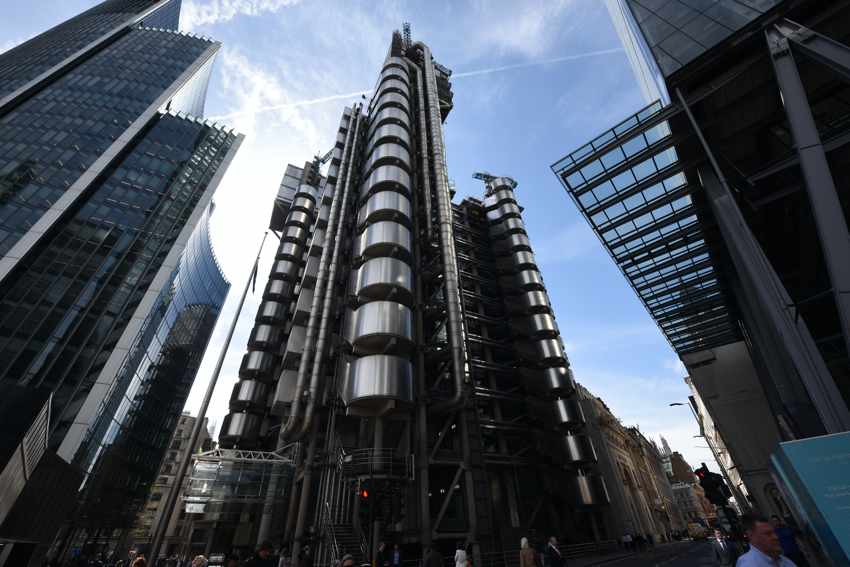Lloyd’s sees rising standards and cautious expansion amid competitive pressure: TD Cowen
TD Cowen, an investment bank and financial services firm, recently hosted a field trip to London with senior management from Arch Capital (ACGL), Ascot, Canopius, Everest Group (EG), Hiscox, Howden Re, Inigo, Intact, Lancashire, and Sirius Point. During the trip, TD Cowen gathered insights on current conditions at Lloyd’s, highlighting trends in pricing, market entry,…
TD Cowen, an investment bank and financial services firm, recently hosted a field trip to London with senior management from Arch Capital (ACGL), Ascot, Canopius, Everest Group (EG), Hiscox, Howden Re, Inigo, Intact, Lancashire, and Sirius Point.
 During the trip, TD Cowen gathered insights on current conditions at Lloyd’s, highlighting trends in pricing, market entry, and strategic positioning.
During the trip, TD Cowen gathered insights on current conditions at Lloyd’s, highlighting trends in pricing, market entry, and strategic positioning.
According to TD Cowen’s discussions, pricing at Lloyd’s, particularly within the property segment, has been under pressure as competition increases.
While some participants acknowledged this, they emphasised that there are no extreme “bad actors” destabilising the market.
TD Cowen also noted ongoing caution regarding MGAs, with several firms suggesting that newer MGAs without a clearly defined niche could face significant challenges in the near term.
One company shared that it has been reducing its presence in London, mainly within property lines, reflecting a broader cautious approach in the market.
TD Cowen observed that the volume of syndicate applications is rising, alongside an influx of capital seeking entry into Lloyd’s. However, the standards for acceptance appear to have increased.
Lloyd’s is reportedly pushing back against MGA-driven entrants while aiming to maintain its newly upgraded credit rating, meaning only the most established and respected names are likely to succeed in gaining approval.
Firms also indicated that the scale required to operate effectively on the Lloyd’s platform has grown, with TD Cowen noting that around $500 million in capital is now necessary to achieve meaningful scale, compared with $150 million previously.
The focus at Lloyd’s, according to TD Cowen, is on attracting syndicates that expand the overall business on the platform rather than creating competition that undercuts existing participants.
Approximately 70% of new syndicate production is expected to represent business incremental to Lloyd’s, with the remaining 30% potentially increasing competitive pressure and affecting pricing.
While Lloyd’s operations carry a higher expense ratio relative to comparable US business—primarily due to 5–6 points of additional wholesale brokerage costs—TD Cowen notes that this is generally balanced by a lower loss ratio, supported by favourable pricing conditions.
TD Cowen further highlighted that Lloyd’s business is heavily US-oriented, with a relatively modest share coming from continental Europe. Most carriers agreed that a Lloyd’s presence is beneficial, yet multiple firms stressed the importance of maintaining diverse channels to access underlying business. Relying solely on Lloyd’s exposes carriers to risk if business migrates back to their original markets outside London.
Overall, TD Cowen concludes that Lloyd’s is focused on carefully managing growth, prioritising high-quality entrants and sustainable expansion over volume alone.

